|
Natascha Otoya Environmental history (EH) is still in its infancy in academia, particularly on a global scale, when compared to other fields within the discipline of history. The practitioners of economic history, for example, are preparing for their 19th world gathering in Paris. The most recent World Congress of Environmental History (WCEH) was only the field's third, and it presented environmental historians from around the world with a great opportunity to meet fellow scholars in global EH. The conference also highlighted regional expansions and, more broadly, a global growth of an environmental way of doing history. The 3rd WCEH took place in Florianópolis, Brazil, at the campus of the Universidade Federal de Santa Catarina (UFSC) from 22 to 26 July 2019. The event is set to happen every five years, the first being held in 2009 in Copenhagen, Denmark and the second in 2014, in northern Portuguese town of Guimarães. The island city of Florianópolis, in the southern state of Santa Catarina, was an ideal location to host the 3rd World Congress. Not only is the city itself testament to the challenges of human occupation in a delicate natural environment (as islands generally are), but it is home to one of the most active Environmental History Laboratories in the Americas. The Laboratório de Imigração, Migração e Historia Ambiental - LABIMHA - is arguably the oldest of its kind in Brazil, having been created in 1992. Since then, the lab's organizers João Klug and Eunice Nodari have published multiple books and articles, organized several events and supervised many Masters and PhD theses, actively contributing to the regional growth of the field. The 3rd WCEH was truly a global event. Over 300 scholars from 35 countries of every continent came together to discuss their research, debate the challenges of the field, promote books, meet peers and make connections. The vast array of talks, roundtables, panels and experimental sessions represented a challenge for attendees, who had to choose from so many interesting offerings. There were some definite highlights: the opening keynote address by Brigitte Baptiste, the General Director of the Humboldt Research Institute for Biological Resources in Colombia was one of them. Self-described as a queer ecologist, her talk connected biodiversity and sexual diversity in novel and interesting ways while discussing anthropogenic change in what she labeled a transitional world in which humans have substatially transformed nature both in and outside of their bodies. Another highlight was the presence of many prominent scholars in EH. For example, many young scholars and students reported cherishing the unique opportunity to see Donald Worster speak. According to the organizers, his two sessions were the ones that attracted the most attendees. The emerging themes of EH were represented across panels and sessions. New perspectives were brought to traditional topics such as water, energy, animals, landscape, forests and cities. Several comparative panels featured multiple regions of the world, such as China, India, Latin America and Antarctica. Political and cultural approaches helped inform yet other discussions. The attention to the present, the consequences of the Anthropocene, the challenges of teaching EH and the ways in which the environment will shape the future history of humanity were also debated in sessions - and at informal circles after the official program was over. Conferences are a great way to stay connected, see old friends, make new ones, and get to know exciting new research in the field. As such, conferences are an excellent opportunity to strengthen bonds beyond our home institutions and help build a thriving, global community. Scholarly work in history can feel very lonely if confined to libraries and archives. Meeting peers and discussing ways to connect are essential means of overcoming the solitude of reading and writing individually. The days in Florianópolis were particularly fruitful in terms of overcoming this academic isolation and discussing ways of moving from individual production to collaborative work (historians have much to learn from our peers in the natural sciences about the power of collaboration). This was my main takeaway from being at the conference: to see how much greater our contributions can be if we work together as a group. Natascha Otoya is a PhD student of Environmental History at Georgetown University. Her research focus is on the development of the oil industry in Brazil, from early to mid-twentieth century. She is interested in the development of the field of oil geology in the Latin American context and how human interactions with nature were mediated by science and political ideologies.
1 Comment
|
EH@G BlogArticles written by students and faculty in environmental history at Georgetown University. Archives
May 2020
Categories |

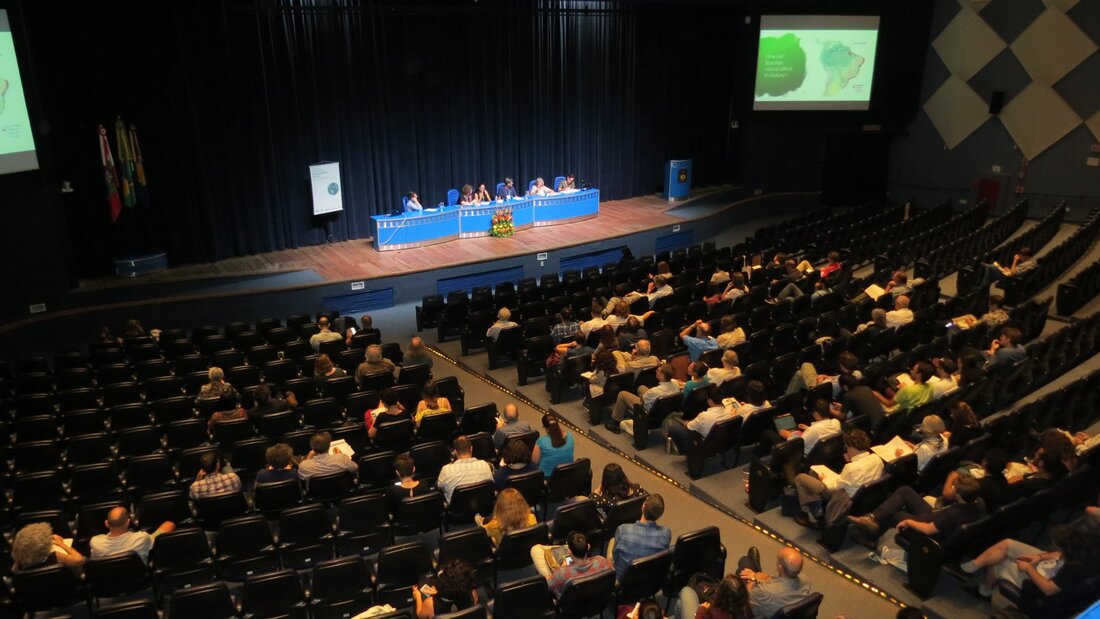
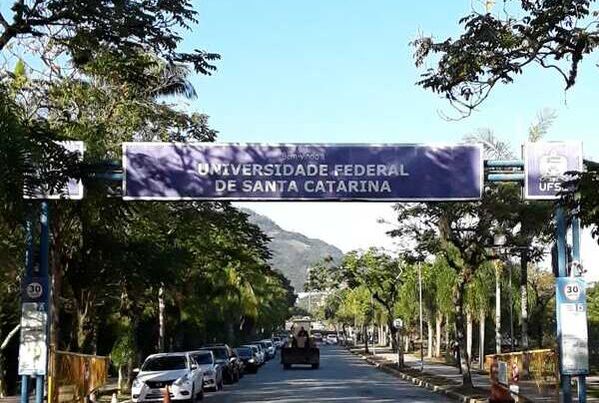
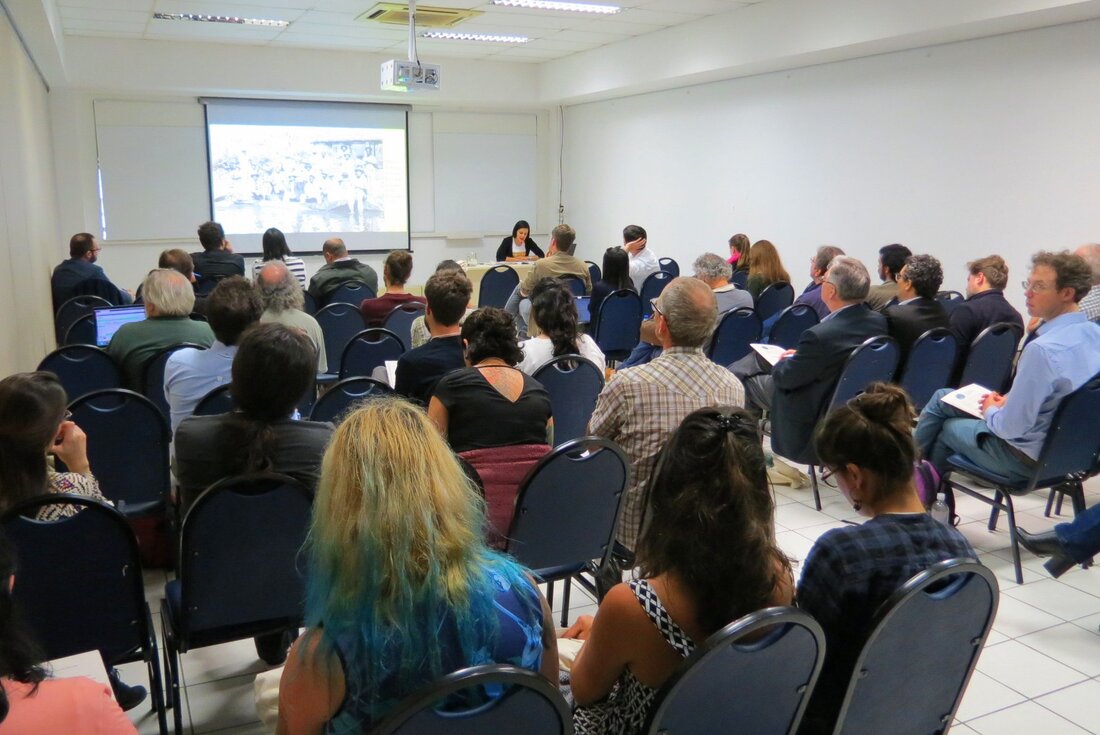
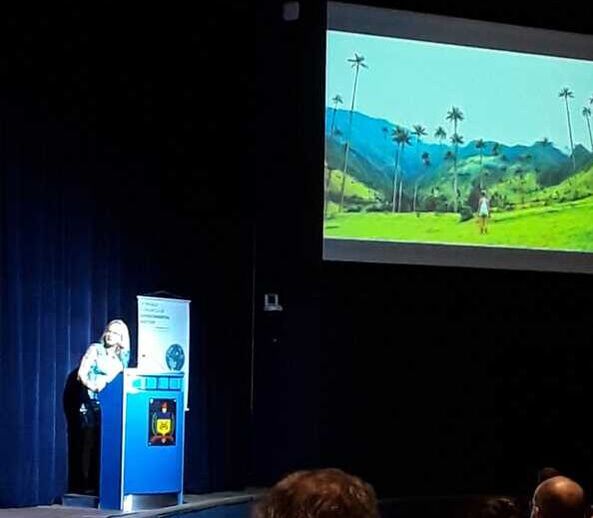
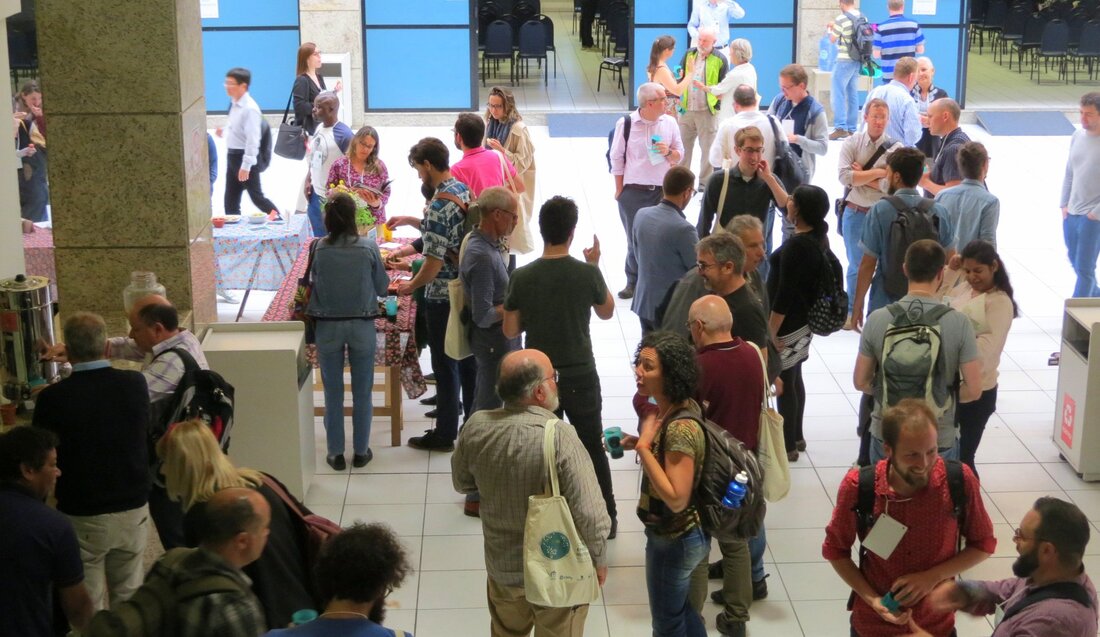
 RSS Feed
RSS Feed